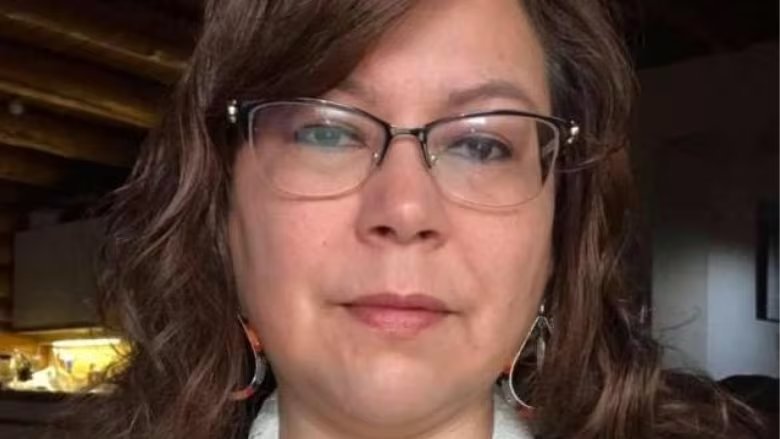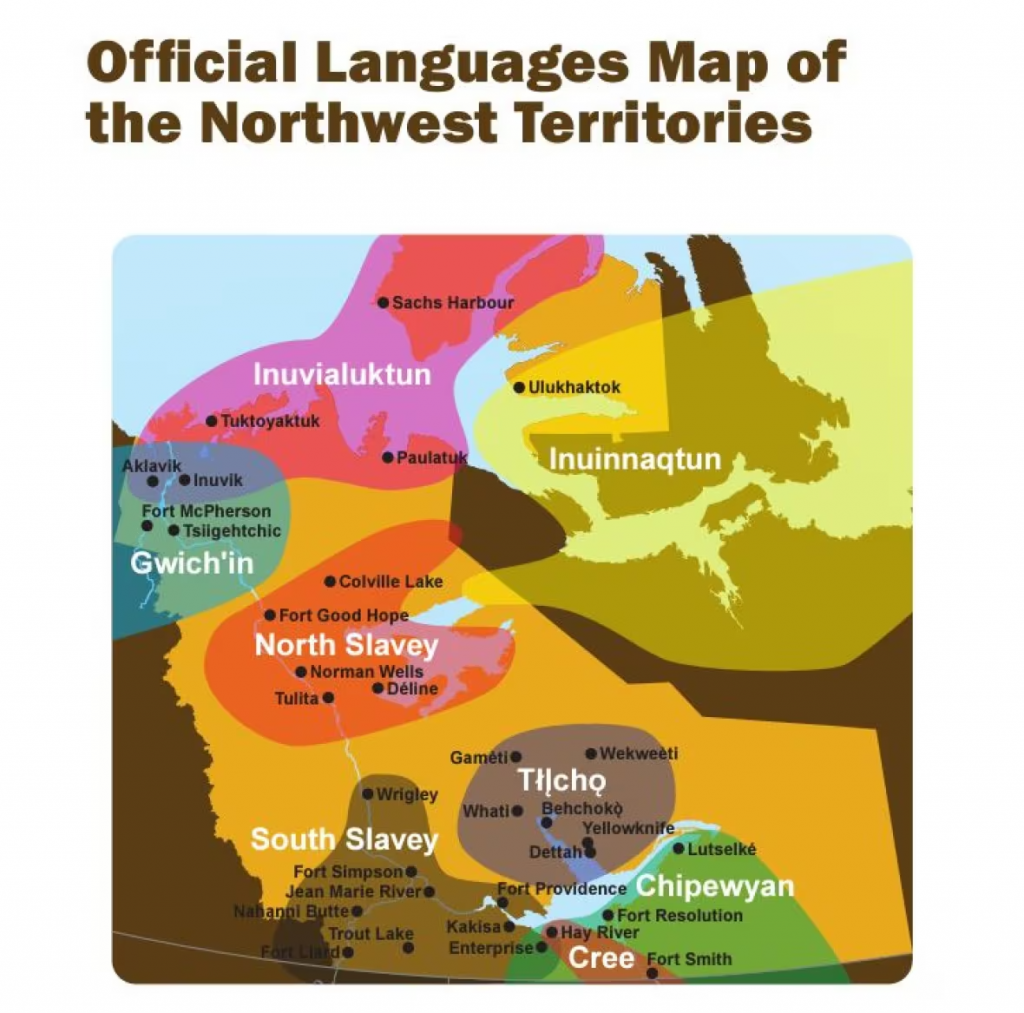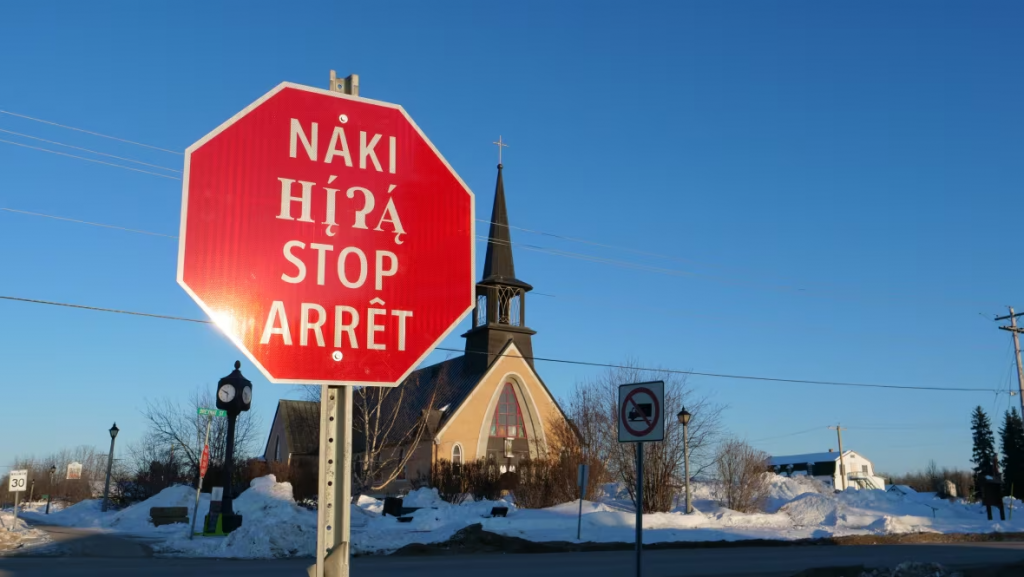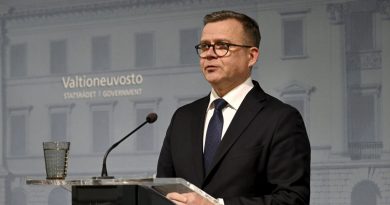Language commissioner wants review of N.W.T. legislation, says role is restrictive

No Indigenous language complaints made to Brenda Gauthier’s office since 2017
What does the official language commissioner office do?
That was the question put to Brenda Gauthier, the N.W.T.’s language commissioner, during a standing committee meeting on government operations on Tuesday.
At the meeting, Gauthier shared the annual report from her office from the 2022-2023 fiscal year. The report highlighted the annual budget, about two dozen “important meetings and events” and noted there were no official language complaints to the office last year.
Questions arose from the report from Yellowknife Centre MLA Robert Hawkins, who is part of the standing committee, including, what exactly does the language commissioner office do?

The N.W.T. is home to 11 official languages – English, French, Chipewyan, Inuinnaqtun, Cree, Gwich’in, Inuvialuktun Tłįchǫ, South Slavey, Inuktitut and North Slavey, but access to services in the nine Indigenous languages can be inconsistent or non-existent across the regions.
The mission of the commissioner is to deal with complaints against language rights and promote the office, Gauthier shared with the committee, but noted she “cannot cross the line of language promotion.”
“If you look at the legislation, it is very clear on how restrictive the languages commissioners role is versus the minister responsible for official languages,” Gauthier said.
When asked how to better empower the office of the language commissioner, Gauthier suggested a review of the legislation, along with several recommendations including policy to provide standardized language services, creation of a centralized location for residents to access services and start looking at how to provide services in the languages in all of the regions.
Comparing the Francophone Affairs Secretariat, Gauthier said French services have a department that provides translation, feedback and audio services – whereas when the government or an individual needs a poster or speech translated into one of the nine Indigenous languages the same services do not exist in the same capacity.
During the meeting, Frame Lake MLA Julian Morse also revealed the language commissioner’s office had not received a formal complaint about Indigenous languages since 2017, but that does not mean there is no work to be done, Gauthier said.

There are many concerns throughout the region when it comes to access to language services, including access to interpreters or translators, and the accuracy of interpretations or translations, the commissioner said. But most concerns happen through informal discussions and people are not comfortable filing a formal complaint.
“I’m an Indigenous woman. I grew up with the residential school in colonialism and so when I’m dealing with other Aboriginal people I do not feel like I have that right to take their voice away from them if they’re not going to put in a formal complaint,” Gauthier said.
The issue of lack of formal complaints is also not unique to the territory Gauthier said, noting she has talked with language commissioners across the country and internationally, who also say they are not seeing Indigenous language complaints come forward.
“I know there are very valid concerns and I just keep trying to work on personal relationships and professional relationships and hope that someday I’ll start to hear these complaints come forward.”
Related stories from around the North:
Canada: Heritage centres, language authority among initiatives to fortify Inuktitut in Nunavik, Eye on the Arctic
Finland: Everyone encouraged to boost Sami language visibility in Finland, Norway and Sweden this week, Eye on the Arctic
Norway: Indigenous and minority language names for Norway now have official status, The Independent Barents Observer
Russia: German project to house everything published in Siberian and Arctic languages to seek new funding, Eye on the Arctic
Sweden: Can cross-border cooperation help decolonize Sami-language education, Eye on the Arctic
United States: Inuit leaders applaud UN move to designate International Decade of Indigenous Languages, Eye on the Arctic



